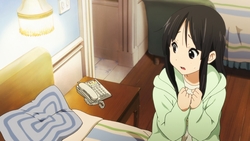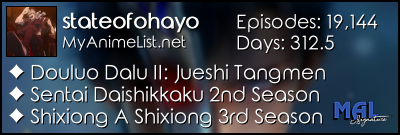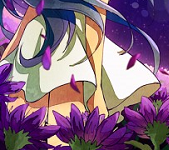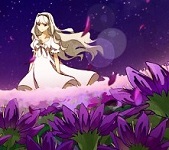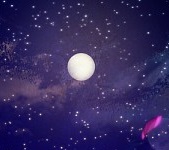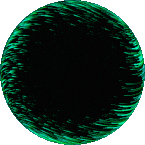DO NOT discuss the source material beyond this episode. If you want to discuss future events or theories, please use separate threads.
DO NOT ask where to watch/download this episode or give links to copyrighted, non-fair use material.
DO NOT troll/bait/harass/abuse other users for liking or disliking the series/characters.
DO read the Anime Discussion Rules and Site & Forum Guidelines.
DO NOT ask where to watch/download this episode or give links to copyrighted, non-fair use material.
DO NOT troll/bait/harass/abuse other users for liking or disliking the series/characters.
DO read the Anime Discussion Rules and Site & Forum Guidelines.
More topics from this board
Poll: » Kino's Journey Episode 1 Discussion ( 1 2 3 )cyruz - Jul 8, 2008 |
125 |
by mr07
»»
Nov 11, 3:43 AM |
|
Poll: » Kino's Journey Episode 2 Discussion ( 1 2 3 4 )Kotori - Apr 15, 2008 |
185 |
by JizzyHitler
»»
Nov 6, 12:19 PM |
|
» Kino's adventure: Original or RebootFull_anime_Fan - May 3, 2020 |
4 |
by Passive00
»»
Oct 26, 10:11 AM |
|
Poll: » Kino's Journey Episode 5 Discussion ( 1 2 3 )cyruz - Jul 11, 2008 |
129 |
by katto____
»»
Oct 25, 8:09 AM |
|
Poll: » Kino's Journey Episode 3 Discussion ( 1 2 3 )cyruz - Jul 9, 2008 |
124 |
by jilebi_james23
»»
Sep 2, 12:54 PM |
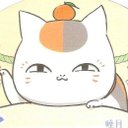


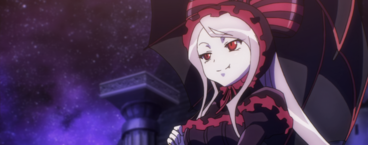


 test, does this work?
test, does this work?